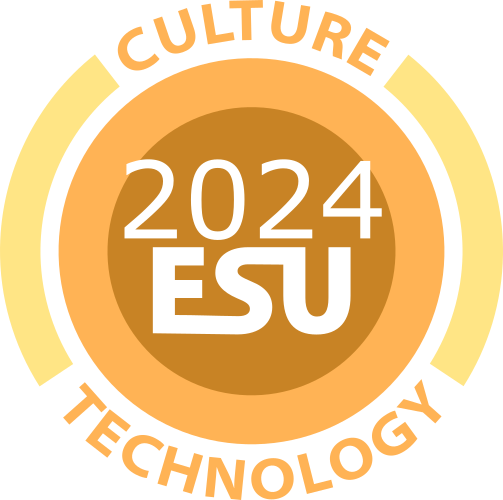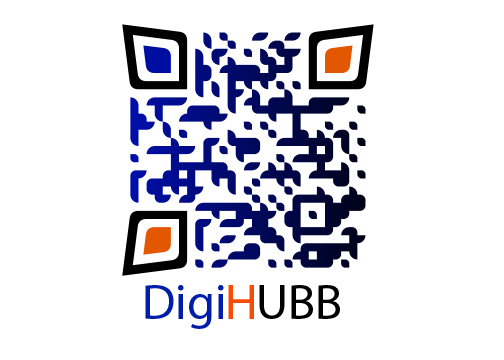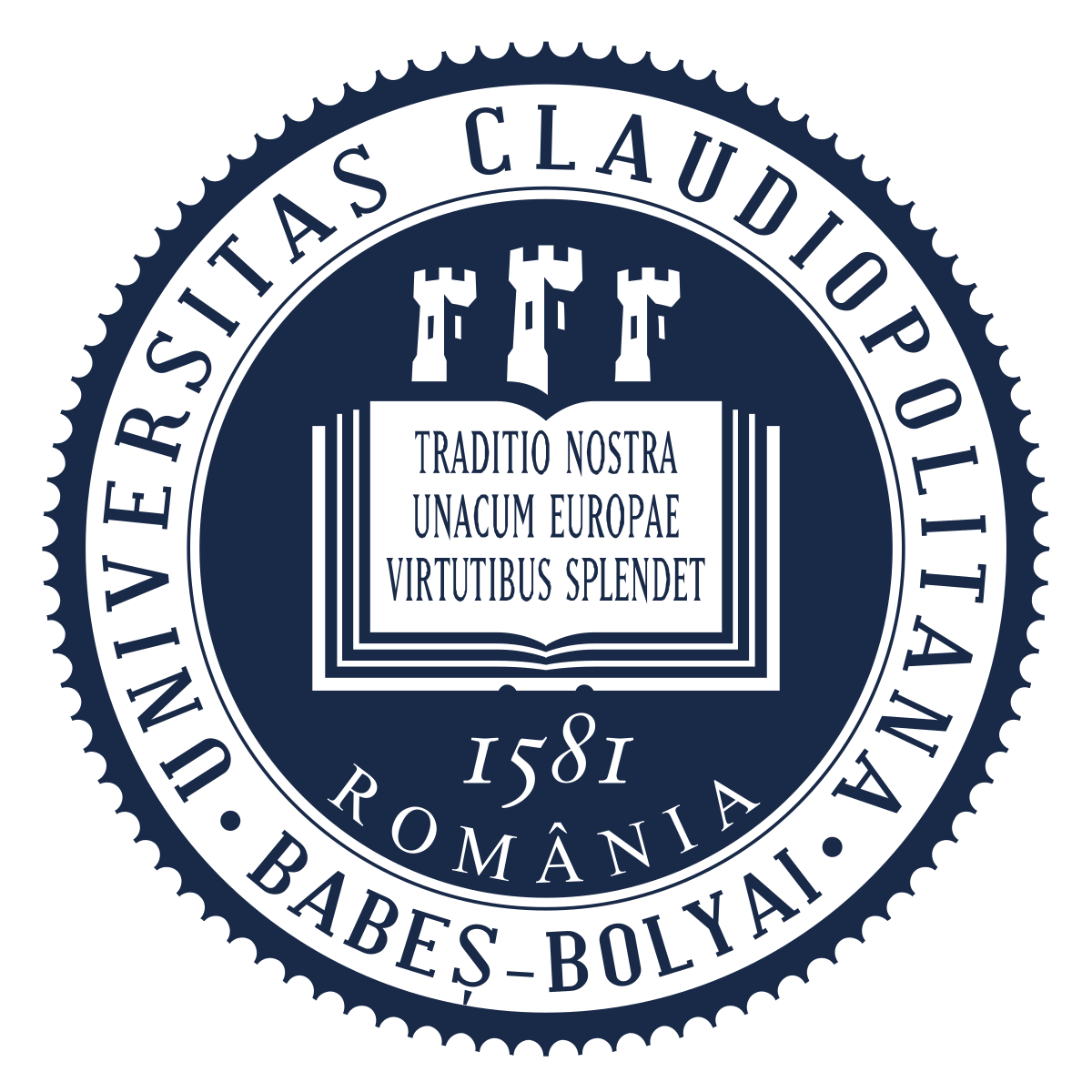Alejandro Bia is a lecturer at the Department of Statistics, Mathematics and Computer Science and a researcher at the Institute for Mathematics, Data Science and Artificial Intelligence, both at the Miguel Hernández University (Elche, Spain). He was Vice Dean of Business Statistics at UMH (2019-2023).
He holds a PhD in Computer Science from the University of Alicante, a MSc and a BS in Computer Science from ORT University, a Diploma in Computing and Information Systems from Oxford University, and a diploma of Expert in Technological Innovation in Education from the Miguel Hernández University.
Apart from UMH, he has also lectured for the Cultural Heritage Digitization Course at FUNED (2013-2020), the Master in Digital Humanities (2005-2011), and the Master in Web Technology (2005-2007), at the University of Castilla La Mancha, for the Department of Languages and Information Systems (2002-2004) and the Department of Fundamentals of Economic Analysis (2002) of the University of Alicante, and at ORT University (1990-2004).
He is a frequent instructor of XML-TEI workshops and seminars in, Austria, Czech Republic, Germany, India, Italy, Mexico, Spain, Switzerland, United Kingdom and Uruguay.
His lecture topics are: software engineering, project management, computer crime, computer forensics, information security, text markup using XML and TEI, web application design, digital libraries, concurrent programming, operating systems, computer architecture, computer networks and English for computer sciences. He was a member of the Research Network in Teaching Methodologies with ICTs of the University of Alicante (2013-2020).
He has participated in several publicly funded research projects: Impact of the Human Factor in Software Modeling (AICO 2020), CHispa (program of the Agence Nationale de la Recherche de France and program ECOS of the Embassy of France in Uruguay – 2016-2017), the TRACEsofTools project: software tools for contrastive text analysis in parallel bilingual corpus (principal investigator, 2013-2016), the Digital Humanities Workbench (principal investigator, DHW) project (2012-2013), the Atenea project (University of Málaga, 2009-2012), the Bibliotheca Europa project (University of Alicante, 2006-2008), Digital Library of the National Library of Spain (as consultant, 2005) and in the METAe: Metadata Engine project (EU funded, 2000-2003).
His current research interests are: systemic analysis of software development processes and optimization in engineering project management. Previously, he worked in the application of software engineering methods and techniques to digital libraries (his PhD Thesis topic), automatic alignment of parallel texts, text mining, computational stylometry, visualization methods applied to textual corpora, improvement of the design of document structures, multilingual markup languages, digitisation automation by computer means, digital preservation, and digitisation metrics and cost estimates. He also worked on neural networks training and developed the ALOPEX-B optimization method.
From 1999 to 2004, he has been Head of Research and Development of the Miguel de Cervantes Digital Library at the University of Alicante, the biggest digital library of Spanish literary works and one of the first projects to use TEI in XML format. Previously, he has worked as Special-Projects Manager at NetGate (1996), and as Documentation Editor of the GeneXus project at ARTech (Advanced Research and Technology) (1991-1994).
He is a long-time member of the DH community (since 1999) and has been elected member of the TEI Council for three periods (2002-2004, 2004-2006 and 2017-2018) and of the Executive Committee of the former Association for Literary and Linguistic Computing, now EADH, for two periods (2004-2008 and 2008-2011). Until recently (2015-2019), he has been the secretary of the HDH association (Hispanic Digital Humanities) and is currently a member of the Internet Society (Spanish chapter).
Carol Chiodo is the Director of Distinctive Collections and Digital Scholarship at The Claremont Colleges Library.
Before joining Claremont, she was the Librarian for Collections and Digital Scholarship in the Americas, Europe and Oceania Division at Harvard University Library. She has taught courses and workshops on cultural heritage and emerging technologies at a number of universities in the U.S. and abroad, including Yale, Princeton, University of Leipzig, NYU Abu Dhabi, Jagiellonian University, and Babeş-Bolyai University.
She currently serves on the boards of the Yale Graduate School Alumni Association and the Research Center for the Humanities at Aston University in Birmingham, UK. She is also a member of the Scientific Committee for the European Summer University in Digital Humanities, hosted by Babeş-Bolyai University.
She received her Ph.D. from Yale University with a dissertation on the poetic use of the mechanical arts in Dante Alighieri’s medieval poem, the Divine Comedy.
Markus Jochim holds a PhD in Phonetics and Speech Processing and works at Ludwig-Maximilians-Universität München, Germany. His doctoral thesis was about phonetic developments in Bavarian dialects and the simulation of sound change. His current position entails teaching digital data analysis and speech technology, as well as maintaining open-source software such as WebMAUS or emuR, which are used by many phoneticians around the world.
Jeremi Ochab is an assistant professor at the Institute of Physics, Jagiellonian University, Cracow, Poland, a member of the Computational Stylistics Group (https://computationalstylistics.github.io/), and recently was a researcher at the language infrastructure program CLARIN-PL. He serves on the Scientific Board of Jagiellonian Centre for Digital Humanities. He graduated in theoretical physics and in English studies (specialized in translation). Focusing on interdisciplinary applications of mathematical tools (analysis of complex networks, analysis of time series, random matrix theory) and machine learning, he conducts research on methods of data analysis, neuroscience, as well as stylometry, and quantitative linguistics. He has lectured on Stylometry, Natural Language Processing, Deep Learning, and Data Analysis, among others, and in the meantime, he has translated several popular-science books into Polish.
Voice Pușcașiu is a Lecturer in Modern and Contemporary Art History at UBB Cluj-Napoca and is determined to broaden the classical curricula of the specialization towards methods belonging to the Digital Humanities. Her main research interests are sociological approaches to art in public spaces and conceptualizing through data visualization.
Simone Rebora is an Associate Professor of Comparative Literature at the University of Verona. He holds a PhD in Foreign Literatures and Literary Studies (University of Verona) and a BSc in Electronic Engineering (Polytechnic University of Torino). As a postdoc, he worked at the Universities of Mainz, Bielefeld, Göttingen, and Basel. Between 2020 and 2022, he was assistant coordinator of the European Network ELIT (Empirical Study of Literature Training Network). In the context of the Alliance of Digital Humanities Organizations (ADHO), he is currently chair of the Special Interest Group “Digital Literary Stylistics” (SIG-DLS). He is also a board member of AIUCD and “Umanistica Digitale” (the Italian digital humanities association and journal, respectively).
His main research interests are theory and history of literary historiography, reader response studies, and computational literary studies. His essays have appeared in journals such as “PLOS ONE”, “Digital Scholarship in the Humanities”, and “Modern Language Notes”. In Italian, he published the monographs Claudio Magris (2015) and History/Historie and Digital Humanities (2018).
Artjoms Šeļa is an Assistant Professor at the Department of Methodology at IJP PAN and member of the Computational Stylistics Group. He works in computational literary studies, with a primary focus on history and morphology of European verse; his interests include study of historical change in culture, statistical modeling and digital-born manuscripts. Currently involved in the CLS INFRA project as a researcher. He taught multiple workshops and university courses on computational text analysis and digital humanities.
Lauren Tilton is the E. Claiborne Robins Professor of Liberal Arts and Professor of Digital Humanities in the Department of Rhetoric and Communications at the University of Richmond. She also directs the Distant Viewing Lab. Her research focuses on analyzing, developing, and applying digital and computational methods to the study of 20th and 21st century documentary expression and visual culture. Her primary scholarship incorporates theoretical and methodological approaches from American Studies, Media Studies, Public Humanities, and Data Science. Lauren Tilton is committed to interdisciplinary, collaborative, open access scholarship. She earned her PhD in American Studies from Yale University.
Giovanni Pietro Vitali is Associate Professor in Digital Humanities at the University of Versailles Saint-Quentin-en-Yvelines – Paris Saclay and Secretary of Humanistica, the French-speaking association of digital humanities. Between 2018 and 2020, he has been a Marie Curie European Research Fellow with the project “Last Letters from the World Wars”. This research was conducted at University College Cork in collaboration with New York University and the University of Reading. He holds a PhD in Italian Literature, obtained in France at the University of Lorraine, and a PhD in Language Sciences, obtained at the University for Foreigners in Perugia. He is also Associate Researcher at the University of Oxford, where he is in charge of the digital analysis of a multilingual corpus of translations of Charlotte Brönte’s novel “Jane Eyre” in the AHRC programme “Prismatic Translations”. Giovanni Vitali’s research activities reflect his interdisciplinary background. His three main research areas are History, conflict and politics; Literature and multilingualism; Digital methodologies. His approach combines cultural studies and the use of digital technology, in particular Natural Language Processing techniques oriented towards discourse analysis. His work is situated after the creation of the corpus, between the digital analysis of the text and the representation of the data. His first area of specialisation in computer science is data visualisation: he is a specialist in digital cartography, GIS (Geographic Information Systems) and network analysis.
David Joseph Wrisley is Professor of Digital Humanities at NYU Abu Dhabi. His research interests include comparative approaches to medieval literature in European languages and Arabic, digital spatial approaches to corpora, neural methods for handwritten text recognition across writing systems and open knowledge community building in the Middle East where he has lived and researched since 2002.


